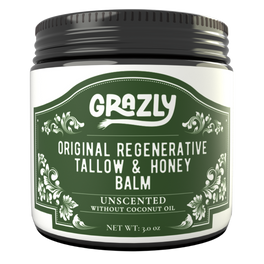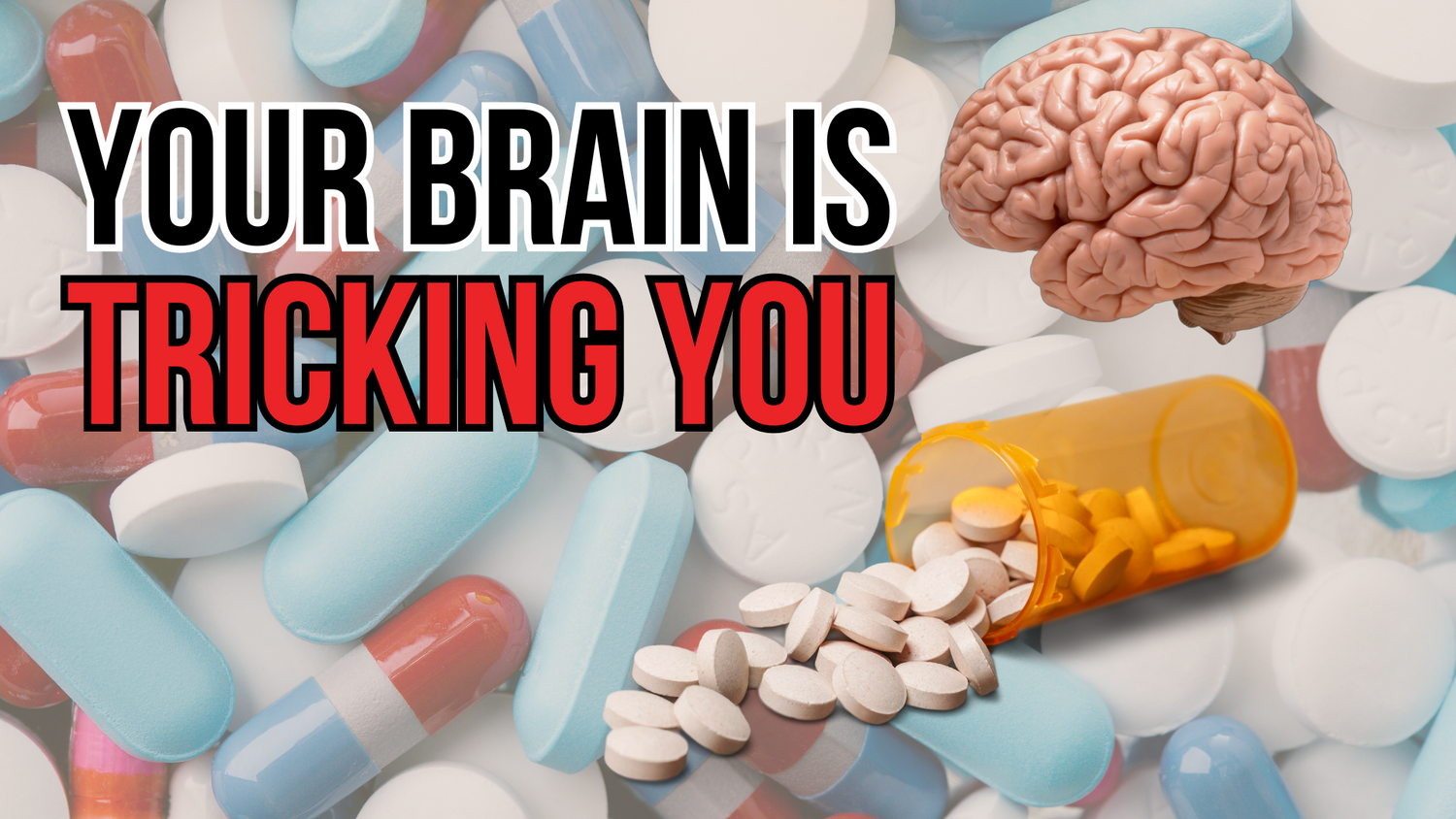They told you depression is all in your head.
A chemical imbalance. A genetic lottery. Something you just have to manage forever.
So you took the pills. You did what you were told. And yet… you still feel like something is off.
Maybe it’s because the real problem isn’t a Prozac deficiency.
Your mind isn’t some floating, isolated entity.
It’s part of your body.
And just like your muscles, your heart, and your metabolism, it depends on the right inputs to function.
But here’s the problem—your brain isn’t getting what it needs.
We live in a world where people are encouraged to eat ultra-processed garbage, sit indoors all day, never lift anything heavier than their phone, and then wonder why their mental health is in the gutter.
Your Brain Runs on Fat—And You’re Giving It Sludge
Let’s break it down:
🚨 Sugar & Processed Carbs = Mood Swings & Brain Crashes [1 2]
Your brain is the hungriest organ in your body, constantly demanding a steady supply of glucose to function properly.
The problem?
The modern diet floods it with ultra processed sugar, causing wild blood sugar swings that leave you feeling jittery one moment and exhausted the next.
Every time your blood sugar spikes, your body releases a flood of insulin to bring it back down.
The result?
A mood crash that mimics depressive symptoms—irritability, brain fog, and fatigue. Over time, this cycle burns out dopamine receptors, making it harder to feel pleasure and motivation from normal activities.
🚨 PUFA-Heavy Seed Oils = Chronic Inflammation & Mental Fog [3 4 5]
Your brain is made of fat. And not just any fat—it relies on stable, saturated fats and omega-3s to build cell membranes, produce neurotransmitters, and function at peak efficiency.
But what are most people eating? Industrial seed oils (soybean, canola, corn). These are loaded with polyunsaturated fats (PUFAs) that oxidize easily, creating inflammatory byproducts that beget disease and wreak havoc on brain function.
- Inflammation disrupts neurotransmitter balance, making it harder for your brain to regulate mood.
- PUFAs compete with omega-3s in the brain, reducing cognitive function and worsening anxiety.
- Oxidative stress damages brain cells, leading to slower thinking, brain fog, and lower energy.
Put simply—your brain is trying to fire on all cylinders, but you’re coating the engine in sludge.
🚨 A Sedentary Lifestyle = Dopamine Dysfunction & Motivation Drain [6 7]
Your brain wants to move. The brain thrives on experiencing novel, new environments. It evolved for hunting, lifting, and physical activity—things that naturally increase dopamine sensitivity, making you feel motivated, engaged, and alive.
But if you spend your days slouched over a screen, barely moving, your brain adapts.
- Dopamine receptors become desensitized, making it harder to feel excitement or drive.
- Cortisol levels rise, increasing stress and anxiety.
- Endorphin production tanks, removing one of your brain’s most powerful natural antidepressants.
- A lack of novelty and fun experiences is actually one of the biggest risk factors for Alzheimer's.
This is why you feel tired even when you’ve done nothing all day. Your brain isn’t wired for stillness.
And then, instead of fixing the foundation, we throw a pharmaceutical Band-Aid on top and pretend it’s just a serotonin issue.
But your brain doesn’t need more pills.
It needs better fuel and the right inputs to actually function the way it was designed to.
Your Brain Doesn’t Need More Pills. It Needs Better Fuel.
The human body evolved to thrive on:
☀️ Sunlight
A direct serotonin booster and essential for vitamin D production. Avoid the SoyScreen, view the morning sunrise, evening sunset, and do some light tanning in the daytime. Vitamin D levels should be 50 ng/dL+ without supplementation.
🥩 Steak & Liver
Loaded with bioavailable B vitamins, iron, and CoQ10 to support brain function. Our bodies use these vitamins up on a daily basis, so replenishing them constantly is needed. Our ancestors ate these foods their entire lives.
🏋️ Heavy Lifting & Movement
Rewires dopamine sensitivity and fights depression better than SSRIs. There are meta-analyses of hundreds of thousands of people in mainstream scientific research proving that exercise is more effective than SSRIs. Do what’s fun for you - lifting, yoga, swimming, etc.
🚶🏽Walking
Take long, serendipitous walks. Leave your phone at home. Experience novel, new environments and have spontaneous interactions. You will feel way better after than you ever thought possible.
When you give your brain the raw materials it actually needs, you don’t have to rely on synthetic fixes.
That’s why Grazly exists—to provide the most nutrient-dense, brain-boosting foods on the planet.
So you can take steps away from managing symptoms and give your body what it needs to thrive.
Sources
1 Sugar rush or sugar crash? A meta-analysis of carbohydrate effects on mood
2 Is Your Mood Disorder a Symptom of Unstable Blood Sugar?
3 The relationship between plasma free fatty acids, cognitive function…
4 A Lower Ratio of Omega-6 to Omega-3 Fatty Acids Predicts…
5 Dietary and supplemental long-chain omega-3 fatty acids…
6 Do Dopaminergic Impairments Underlie Physical Inactivity in People with Obesity?
7 Running from Disease: Molecular Mechanisms Associating Dopamine and Leptin Signaling…














Leave a comment
This site is protected by hCaptcha and the hCaptcha Privacy Policy and Terms of Service apply.